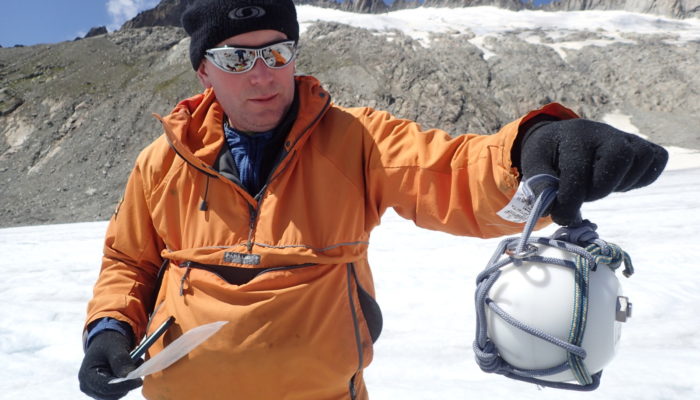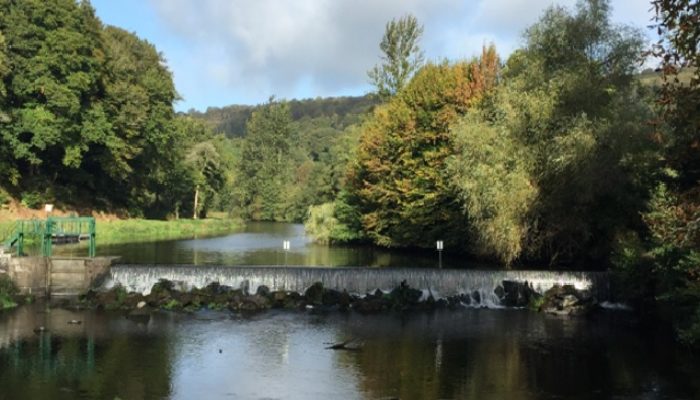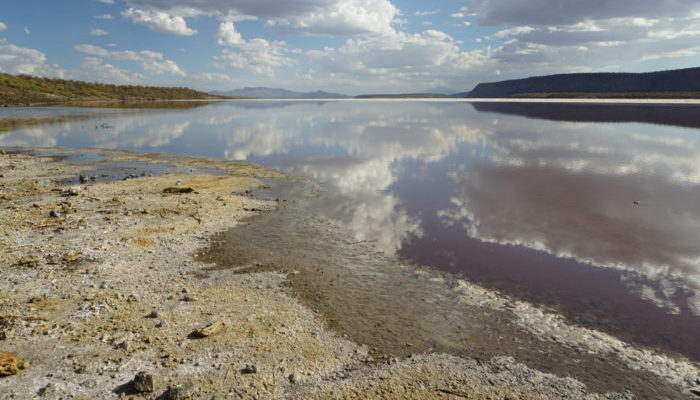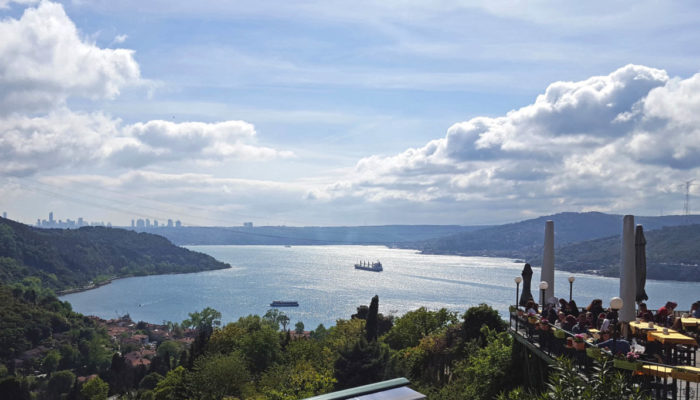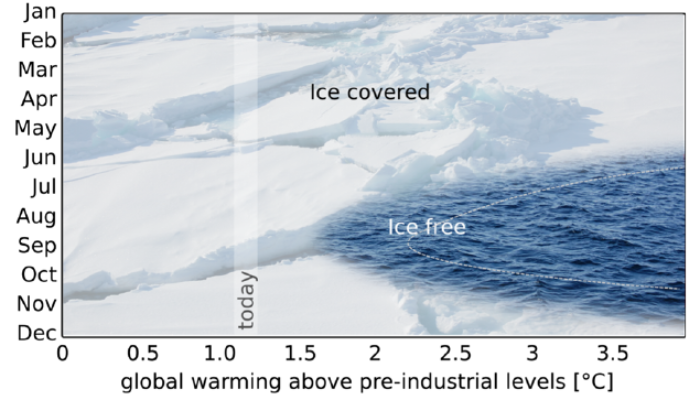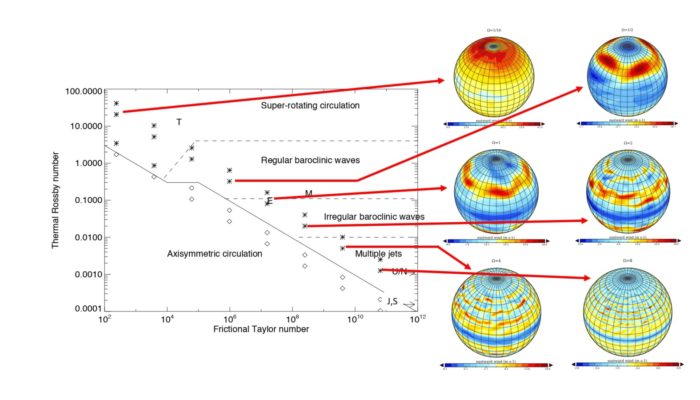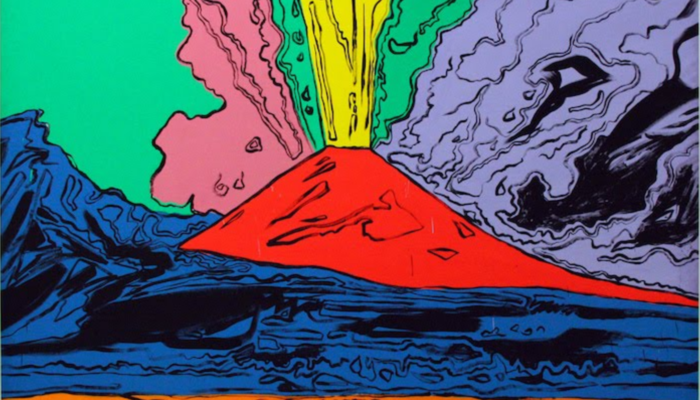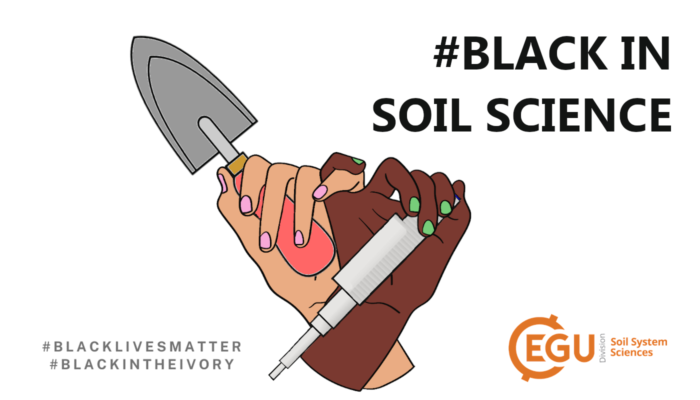Plumbing is something we take for granted: the pipes that bring us water to wash and drink, and the pipes that take the waste water away again. We see the taps and basins in our kitchen and bathroom – but the pipes are hidden away under the floor or inside the walls – and we mostly ignore them until there’s a leak or a blockage! It turns out that glaciers have plumbing too – and ...[Read More]
Hydrological Sciences
Amilcare Porporato (2020 John Dalton Medallist) on agile models for complex systems in the environmental sciences
The EGU 2020 John Dalton Medal of the EGU Division on Hydrological Sciences was awarded to Amilcare Porporato for his contributions to the field of ecohydrology and for developing new theories for the analysis of soil-plant-atmosphere systems across scales. Given the online EGU 2020 GA, the medal lecture is postponed to 2021. In April, Amilcare wrote the post below to the HS community. I’m very ha ...[Read More]
Geodynamics
What controls Victoria microplate rotation in the East African Rift?
This week in News & Views, Anne Glerum, postdoc at GFZ Potsdam, discusses how her numerical models support a lithosphere-driven mechanism for the rotation of large continental microplates, like Victoria in the East African Rift System. The East African Rift System (EARS) is a newly forming divergent boundary between the Nubian and Somalian plates (Fig. 1). The plate boundary system includes se ...[Read More]
Tectonics and Structural Geology
Istanbul: The city across two continents
Istanbul – an economic, cultural, and historic centre. Its unique geography, natural resources and beauty have drawn the attention of not only geoscientists but also poets, merchants, painters, sculptors, architects, kings and emperors for centuries. Throughout its history, the city has witnessed the rise and fall of some of the world’s greatest empires. Owing to its geopolitically important ...[Read More]
Cryospheric Sciences
The future of Arctic sea ice
The illustration above shows a sketch of the evolution of Arctic sea ice for different levels of warming and the different months of the year, based on the simple extrapolation of observations. A new study, in which I was involved, uses the latest available global climate models and shows that the Arctic Ocean could become practically ice free at the end of the summer for the first time before 205 ...[Read More]
Geodynamics
The Sassy Scientist – Egghead Entertainment
Yu-Seok has depleted his streaming service queue, thrown all of the stocked board games off the table, and eagerly seeks new ways to squander his energy after a long workday of couch-surfing underneath his laptop: What should a scientist do as a pastime? Dear Yu-Seok, Where can you find the time? And the energy? Aren’t we all simply working continuously? I go to extremes to even find the energy an ...[Read More]
Nonlinear Processes in Geosciences
NPG Paper Highlight: “Baroclinic and barotropic instabilities in planetary atmospheres: energetics, equilibration and adjustment”
Today’s our blog hosts a review article by the 2016 EGU Richardson medallist Peter Read, together with Daniel Kennedy, Neil Lewis, Hélène Scolan, Fachreddin Tabataba-Vakili, YixiongWang, Susie Wright, and Roland Young for the special issue of NPG celebrating 100 years of IUGG (https://npg.copernicus.org/articles/27/147/2020/npg-27-147-2020.html). One of the great achievements of the past 100 ...[Read More]
Geodynamics
Understanding intraplate earthquakes
One of the basic tenets of plate tectonics states that deformation occurs along plate boundaries while plate interiors remain almost undeformed. Intraplate earthquakes defy this principle and hence are quite enigmatic. In this week’s News and Views, Prof. Attreyee Ghosh from the Centre for Earth Sciences, Indian Institute of Science, tries to explain the reasons behind intraplate ea ...[Read More]
Natural Hazards
DE BELLO VULCANICO 40-year scientific effort of ‘predicting the unpredictable’ since the 1980 eruption of Mount Saint Helens
Volcanoes arouse emotions in the soul of men: at the same time, they are fascinating and frighten the population that lives on their slopes when they erupt (Fig. 1). Volcanoes can strike without warning and wreak horrific destruction and death. As such, in the ancient time, volcanoes discharging explosive eruptions have been interpreted as the wrath of gods that destroys and annihilates all around ...[Read More]
Soil System Sciences
#Black in Soil Science
Inspired by the recent #Black in Geoscience blog post on the EGU Geodynamics Division blog, we decided to highlight Black soil scientists in a separate blog post! As we already mentioned on Twitter, our Soil System Sciences Division Outreach team is busy thinking about what we can do about the lack of diversity, esp. for Black soil scientists in our scientific community. Specifically, how can we i ...[Read More]

